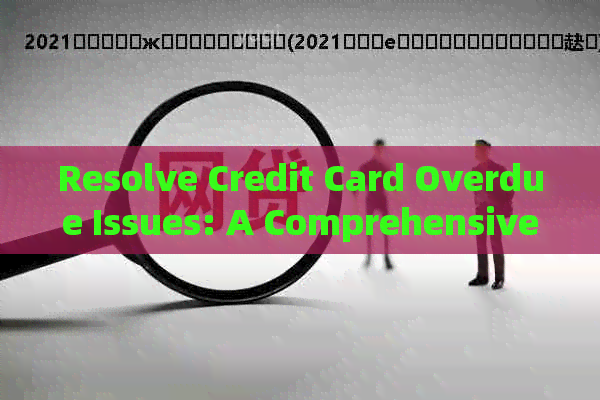 文章正文
文章正文
Resolve Credit Card Overdue Issues: A Comprehensive Guide

1. Introduction
Credit cards have become an integral part of modern financial life, offering convenience and flexibility in managing expenses. However, it is not uncommon for cardholders to encounter the problem of overdue payments. An overdue credit card can lead to various financial and credit-related issues. This guide will provide a detled overview of how to address and resolve credit card overdue issues effectively.
2. Understanding Overdue Credit Card Payments
An overdue credit card payment occurs when a cardholder fls to pay the minimum required amount by the due date. This can result in late fees, increased interest rates, and a negative impact on the cardholder's credit score. It is crucial to understand the implications of overdue payments to address the issue ropriately.
3. Immediate Steps to Take
3.1 Check Your Account Detls
- The first step is to verify the due date and the amount owed. Log in to your credit card account or check the latest statement to ensure you have accurate information.
3.2 Pay the Minimum Amount
- If you cannot pay the full outstanding balance, pay at least the minimum required amount to avoid further late fees and penalty interest.
3.3 Contact Your Credit Card Company
- Reach out to your credit card issuer as soon as possible to expln your situation. They may offer a grace period or a payment plan to help you get back on track.
4. Long-Term Solutions
4.1 Budgeting and Financial Planning
- Create a budget that includes your credit card payments. Allocate a specific portion of your income to cover the minimum payment and, if possible, more to reduce the outstanding balance.
4.2 Reduce Unnecessary Expenses
- Identify and cut down on unnecessary expenses to free up more money for your credit card payments.
4.3 Consolidate Debt
- If you are struggling with multiple credit card debts, consider consolidating them into a single loan with a lower interest rate. This can simplify payments and potentially reduce interest costs.
5. Negotiating with Credit Card Companies
5.1 Request a Lower Interest Rate
- If you have a good payment history, you can negotiate with your credit card company to lower the interest rate, which can make it easier to pay off the balance.
5.2 Set Up a Payment Plan
- Work with your credit card issuer to set up a manageable payment plan. This can help you pay off the debt over a longer period without incurring additional late fees.
5.3 Consider a Balance Transfer
- If your credit is still in good standing, you might qualify for a balance transfer card with a lower interest rate or a promotional 0% APR. This can help you pay off the debt faster.
6. Avoiding Future Overdue Issues
6.1 Set Up Automatic Payments
- To avoid future missed payments, set up automatic payments for at least the minimum amount due. This ensures that you never miss a payment.
6.2 Monitor Your Account Regularly
- Regularly check your credit card account to keep track of your balance and due dates. This will help you stay on top of your payments.
6.3 Use Alerts and Notifications
- Take advantage of alerts and notifications offered by your credit card company. These can remind you of upcoming due dates and help you manage your account more effectively.
7. The Impact on Your Credit Score
7.1 Understanding Credit Scores
- Overdue credit card payments can have a significant impact on your credit score. Understanding how credit scores are calculated can help you prioritize timely payments.
7.2 The Role of Payment History
- Payment history is one of the most critical factors in your credit score. A history of on-time payments can help mntn a healthy credit score, while late payments can cause it to drop.
7.3 Rebuilding Your Credit Score
- If you have already missed payments, focus on making timely payments going forward. Over time, this can help rebuild your credit score.
8. Legal and Regulatory Considerations
8.1 Understanding Your Rights
- Familiarize yourself with the Fr Debt Collection Practices Act (FDCPA) and other consumer protection laws to ensure your rights are not violated.
8.2 Dealing with Debt Collectors
- If your account is sent to collections, know how to deal with debt collectors legally and effectively.
9. Conclusion
Resolving credit card overdue issues requires a combination of immediate action and long-term financial planning. By taking proactive steps to address the issue, negotiating with your credit card company, and implementing strategies to avoid future overdue payments, you can effectively manage your credit card debt and mntn a healthy financial standing.
Remember, the key to resolving credit card overdue issues is to act promptly and communicate openly with your credit card issuer. With careful planning and financial discipline, you can overcome these challenges and secure a more stable financial future.